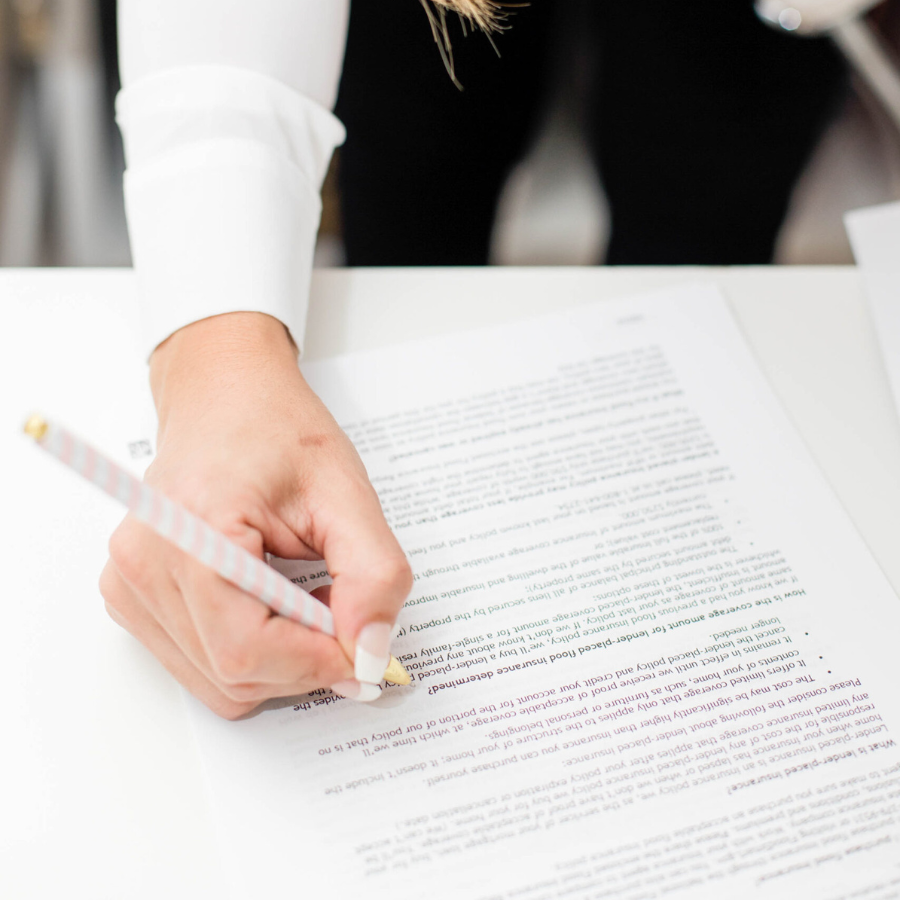I never intended to write about the Amber Heard/Johnny Depp defamation lawsuit. With the media circus that occurred around the trial—the pile-on against Heard made up of TikTok memes and Twitter threads, death threats and other forms of denigration because she didn’t fit the mold of the “perfect victim”—I didn’t want to touch this topic with a 10-foot pole.
But this isn’t really about that trial. Rather, it’s about the precedent it sets for those who may consider speaking up about the sexual violence perpetrated upon them… and who may then decide it’s not worth the scrutiny, the retraumatization, or the sustained abuse.
This Is Only One High-Profile Example of an Already Existing Tactic Used to Silence Victims
It was just this past March that I wrote about Alexandra Brodsky’s Sexual Justice, and about the use of men’s rights rhetoric as a vehicle for protecting college students accused of sexual misconduct. Basically, in retaliation for being accused of misconduct, and as a sort of defensive maneuver, men were suing colleges for anti-male bias—and they were winning.
Going back even further, in 2019, I read Jodi Kantor and Megan Twohey’s She Said, which lays out how they broke the Harvey Weinstein story, igniting the #MeToo movement. It is a chilling account of how powerful men silence their victims, not just with the threat that their careers might be destroyed, but with the use of non-disclosure agreements (NDAs), which prevent victims from speaking out about their experiences for fear that they’ll then have to pay financial damages and other associated legal costs they can’t afford.
Those subjected to sexual violence have always faced repercussions for speaking up. Chanel Miller’s Know My Name is a powerful account of what happens after a sexual assault, and it presents a powerful case for why many don’t speak up when they’re assaulted. After all, when victims are not believed, when their character and their decisions are picked apart and called into question, when they are forced to relive their trauma over and over again in front of an audience, only to never receive the closure they seek—why would they?
But anti-male bias cases, defamation suits, and NDAs bring an added layer to the considerations victims must make in choosing how to proceed. When the legal system that’s supposedly set up to protect them is instead weaponized against them, what are they to do?
Those who began sharing their #MeToo stories first in 2006 and then, in an increasing wave, in 2017 did so at great risk. And while it seemed that their collective voices might lead to change, that the tide was turning, that the growing conversation around sexual assault might Make A DifferenceTM, this increase in legal tactics is once again silencing those who might feel compelled to speak up.
Yes, these tactics already existed.
But these higher-profile cases are having a chilling effect that almost makes it seem as if #MeToo never happened.
The increase in defamation cases? They’re just one more tool in perpetrators’ toolboxes. And the outcome of the Depp/Heard trial shows that it’s an effective one.
This Is Only the Beginning
Several months ago, Marilyn Manson (whose real name is Brian Warner) sued his former fiancée Evan Rachel Wood for defamation, emotional distress, and “impersonation over the internet.” This after being accused himself of sexual abuse.
The precedent set by the Depp/Heard trial does not bode well for Wood.
But things will be even tougher for marginalized victims, those who don’t have the money or the power to withstand the force of a defamation trial.
“A defamation suit offers a perpetrator a deepening of the power disparities in the relationship and face-to-face contact with a survivor,” sociologist Nicole Bedera told The 19th in an article that’s well worth reading in full for its explanation of how a defamation suit can be wielded. “Defamation cases are often a punishment for leaving.”
For fear of being targeted in this way, victims may choose not to pursue legal action at all.
This is terrifying. But it’s also understandable.
To Learn More About Defamation Cases and Sexual Assault, Check Out:
A Guide to Defamation for Survivors of Sexual Assault or Harassment
Worried About Getting Sued for Reporting Sexual Abuse? Here Are Some Tips.
Defamation in the Era of #MeToo
Because while I certainly don’t have the answers, there are those who continue to work hard to protect victims from a legal system that’s been warped and twisted to work against them.


![It's our May theme and we're talking about the musical themes that we find in the books we read!
What books do you think we'll be bringing into the Feminist Book Club library this May?
[alt text: white text on a black background: May theme: Music. A boom box is in the center of the image]
#bookstagram #booksubscription #bookish #bookofthemonth #feministbookclub](https://www.feministbookclub.com/wp-content/plugins/instagram-feed/img/placeholder.png)